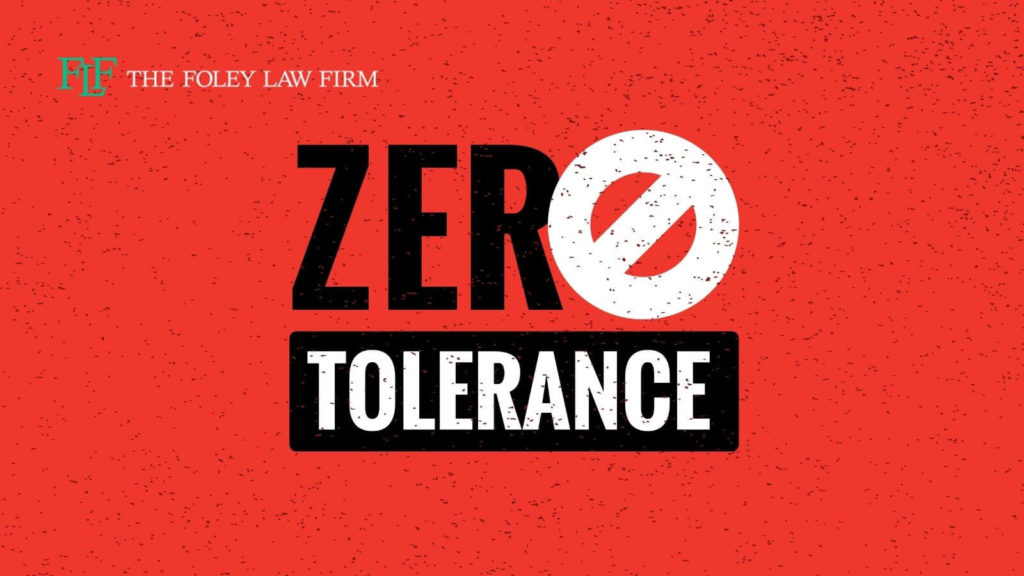
The government sets specific chemical limits for the presence of alcohol in someone’s body while they drive to protect the public. Those driving a commercial vehicle cannot have a blood alcohol concentration (BAC) higher than 0.04%. Those driving standard passenger vehicles will face arrest if their BAC reaches 0.08%.
For those who are not yet old enough to drink lawfully, Colorado has a zero-tolerance policy. A young adult does not have to be anywhere near the legal limit for alcohol to face underage drunk driving charges. If your family frequently attends religious services, like a Catholic mass, where alcohol plays a role, could your faith be a defense against a teenage drunk driving charge?
Religious alcohol consumption likely wouldn’t trigger charges
In theory, there is nothing illegal about young adults consuming alcohol as part of their religious observances. Children as young as eight years old may receive communion wine at a Catholic service, for example.
Traditionally, alcohol drunk at these services comes in very small amounts and may also have water added before people consume it. Colorado’s zero-tolerance law already reflects the possibility that a young adult might consume a small amount of alcohol for medical or religious purposes.
The teenager taking a breath test will have to have a blood alcohol concentration of 0.02% or higher to fail the test. A single sip of wine will rarely be enough to push someone’s BAC over the limit for the zero-tolerance law. Learning more about the rules that apply to underage drunk-driving charges in Colorado can help you or a loved one defend themselves in court.




